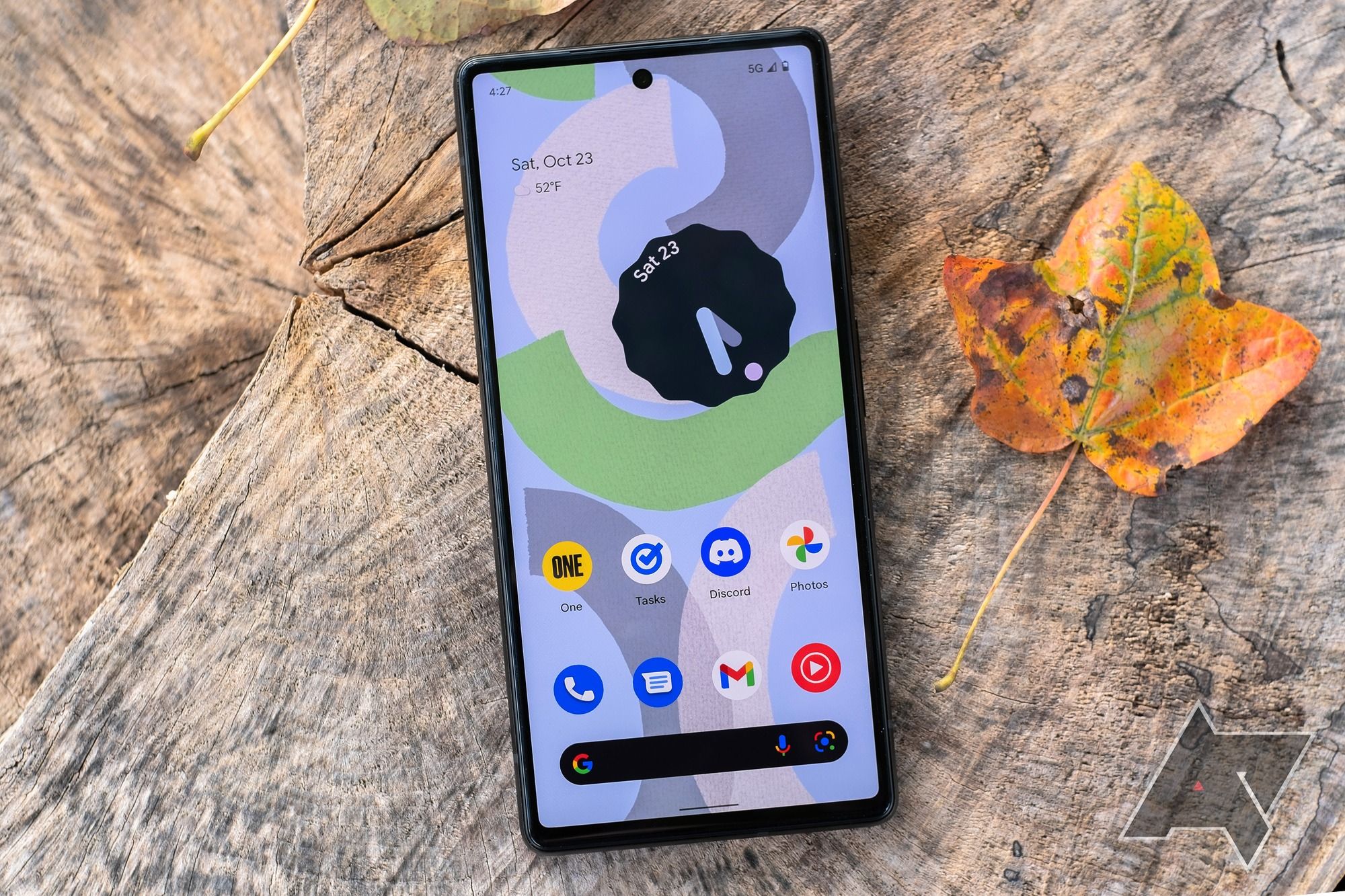It's been hard to like Google's Pixel phones for most of their history. The first-gen was impressive for the time, but the design was already looking dated in 2016. However, every time Google tried to revamp the flagship Pixels, the results were disappointing. That is, until the Pixel 6. I'm not exaggerating when I say it's the best Android phone you can buy for the price, and that's impressive after Google basically punted in 2020 with the Pixel 5. My fear now is that Google will do what it has traditionally done with Pixel hardware: go big and fail. The Pixel 7 doesn't need to reinvent the wheel—the Pixel 6 is so good that the Pixel 7 should really just be a Pixel 6s.
Google's track record is bad
If you look back at each generation of Pixel phones, Google is always trying a bold redesign or some flashy new technology, all the while ignoring the things people actually care about. It's been a cavalcade of bad calls including substandard OLEDs, enormous bathtub notches, small batteries, and radar sensors that barely do anything... so you can probably understand my concern.
Google is always chasing Apple, and for once, that's the smart move.
On the other side of the fence, Apple has taken a more deliberate approach with the iPhone. It introduces a new design one year and then refines it the next. Although it has abandoned the "S" branding for the refined versions, it still takes things slow. Google is always chasing Apple, and for once, that's the smart move.
But new technologies and designs are what make phones exciting, right? I would argue we're past the point that a regular flat phone can really be exciting. Rapid innovation has helped Android compete with Apple over the years, but smartphones are a mature product now. I'm one of those who believe foldables are the future, but we're not there yet. In the meantime, we're at "peak flat phone." There's only so much more innovation to wring out of the traditional smartphone form factor, and trying to get creative at this point is a risk Google cannot take. The last thing we need is another Pixel 4-style misstep, which could doom the flagship Pixel line.
The flat phone plateau
And that brings us back to the Pixel 6. It's the phone I recommend to anyone who asks for an Android phone suggestion in large part because it doesn't take any big risks. Google made a solid, capable, reasonably priced flagship phone. That's all we needed, not some wild experimental radar module, and Google finally figured that out.
All I want from the Pixel 7 is a better version of this phone. It's okay if that means there are no major upgrades. If the worst thing we can say about the Pixel 7 is that it's only a little bit better than last year's phone, that will be a huge win for Google. Because again, the Pixel 6 is fantastic. Even as prices are soaring, Google has made me content with a phone that retails for just $600. I have a Pixel 6 Pro sitting next to the regular 6, but I find myself gravitating more toward the base model for the size and hand-feel.
A nice upshot here is that accessories designed for the Pixel 6 could work with a theoretical Pixel 7. Apple has enjoyed that advantage for years, and it helped contribute to the wealth of accessories available for the iPhone. For example, when Apple commits to MagSafe, accessory makers know it'll be supported for multiple years. It's harder to get companies to build for Pixel phones when they're a tiny, constantly shifting part of the market, but using the same body for a few cycles could move things in the right direction.
All I want from the Pixel 7 is a better version of this phone.
I'm not suggesting Google should just repackage the same phone. Even though the Pixel 6 is already so good, there are places to improve without starting from scratch. For example, Google could address some minor build quality issues like the power button and the use of multiple materials in the camera visor. It could also do with a bump to 120Hz, maybe with LTPO OLED for better power efficiency. The in-display fingerprint sensor could also stand to be improved. Now that Google controls both the software and hardware with Tensor, Google can start crowing about incremental improvements in each new generation—just like Apple.
Buy Google Pixel 6:

.JPG)

